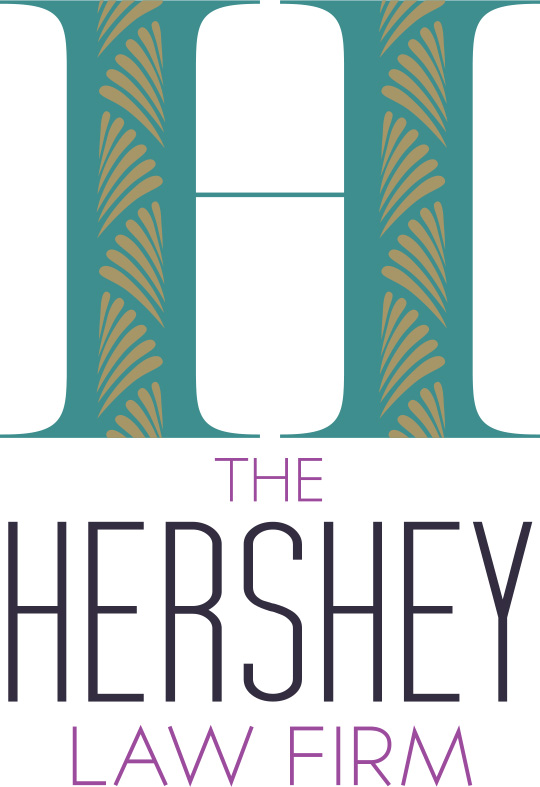Your estate consists of both probate and non-probate assets. When you prepare a will you include probate assets to be distributed to named beneficiaries. If you have non-probate assets, regardless of whom you name as a beneficiary in the will, they will go directly to the pay on death “POD” beneficiary directly in the document.
Probate Assets:
Personal items, jewelry, art, antiques
Individual assets (property titled solely in your name)
Non-Probate Assets (Pay on Death):
- Life Insurance
- Retirement Accounts (401(k)s and IRAs),
- Annuities
- Bank Accounts (some)
- Jointly owned assets “tenancy by the entirety” “ with rights of survivorship”
A pay on death (POD) account names your beneficiary. As the name suggests, when you (the primary account holder) passes away the assets that are left in the account become the property of the named beneficiary.
“If you have non-probate assets, regardless of whom you name as a beneficiary in the will, they will go directly to the pay on death “POD” beneficiary directly in the document.”
There are some positives that come along with these accounts. These assets are outside of the probate process and there is a direct transfer to the named beneficiary. You also retain control over the funds throughout your life and have the right to change beneficiaries or even close the account if you want to. Flexibility is certainly a good thing when it comes to your hard earned assets.
However, pay on death accounts are not a comprehensive estate planning solution. These assets are still a part of your estate for estate tax purposes so they do nothing to provide tax efficiency. There are no incapacity provisions, and you may not be able to give varying percentages of the resources left in the account to multiple respective beneficiaries.
If you live in Miami-Dade, Broward, or Palm Beach counties it is time to start preparing your estate-planning portfolio. Make sure both you and your family are taken care of in the future. You can’t predict the future, but you can plan for it.
Contact an experienced estate-planning attorney at The Hershey Law Firm, in Fort Lauderdale, Florida, at (954) 303-9468 to discuss your estate planning needs.

